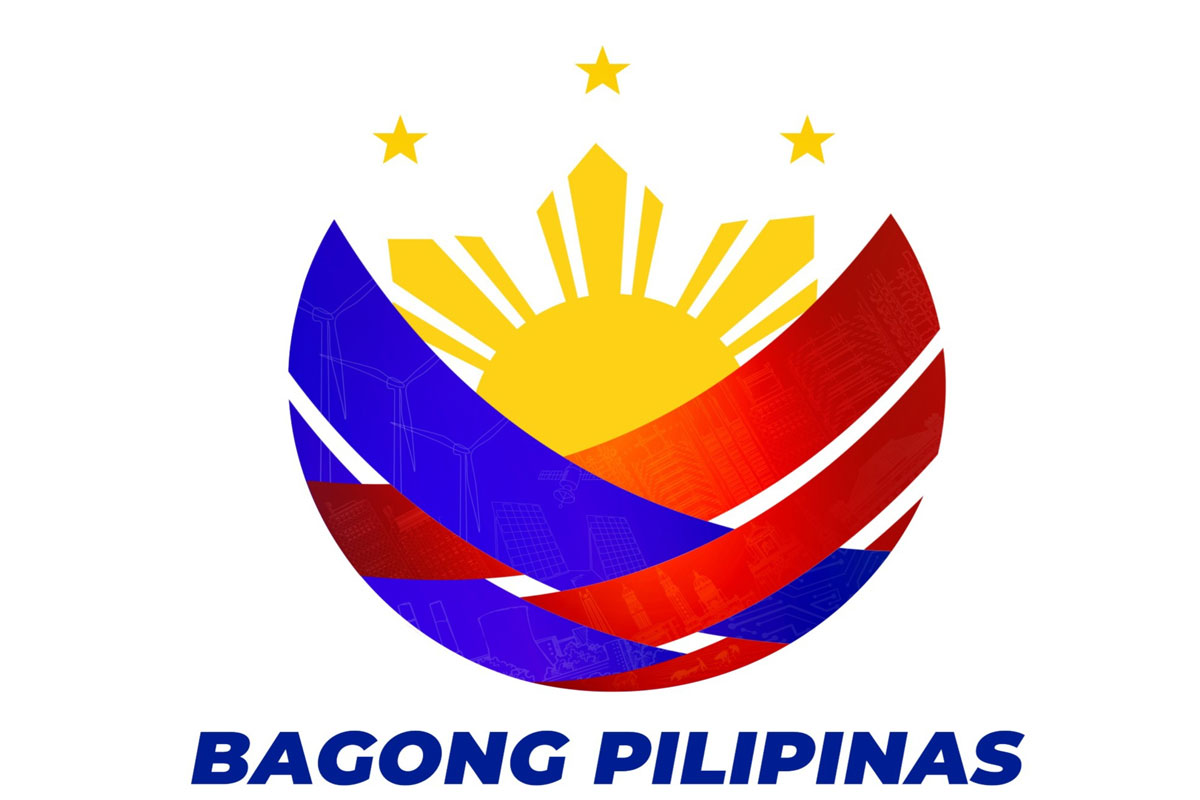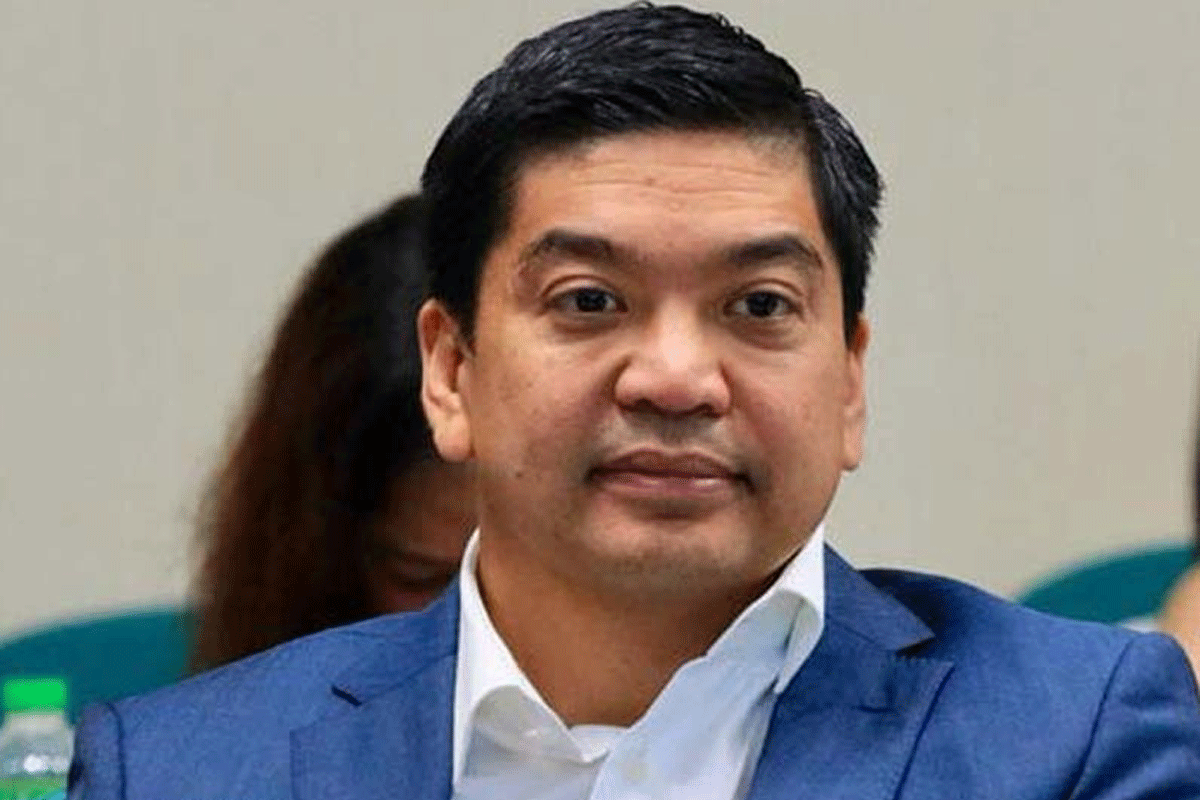
GPP Act gets House nod
WITH an overwhelming 232 votes, the House of Representatives on Monday approved on the third and final reading House Bill No. 6468 or the “Green Public Procurement Act.”
The measure seeks to make the government assume the leading role in promoting sustainable practices by incorporating environmental, economic, and social factors in its decisions and processes, particularly in procurement.
Authors of the measure noted that the country is a party to the United Nations (UN) 2030 Agenda for Sustainable Development and remains committed to achieving the 17 Sustainable Development Goals (SDG) by 2030.
Representatives Manuel Jose “Mannix” M. Dalipe, Luis Raymund “LRay” Jr. F. Villafuerte, Miguel Luis R. Villafuerte, Tsuyoshi Anthony G. Horibata, Nicolas C. Enciso VIII, Eduardo “Bro. Eddie” C. Villanueva, Jose Manuel F. Alba, Charisse Anne C. Hernandez, Jose C. Alvarez, Gabriel H. Bordado Jr., France L. Castro, Anna Victoria Veloso-Tuazon, Maria Angela S. Garcia, Christian Tell A. Yap, Julienne “Jam” Baronda, Stephen James T. Tan, Ramon C. Nolasco Jr., Jose “Bong” J. Teves Jr., Rosanna “Ria” V. Vergara, Faustino Michael Carlos T. Dy III, and Raoul Danniel A. Manuel, were the authors of HB 6468.
Under the bill, all the branches of government, including constitutional commissions, state colleges and universities, government-owned and controlled corporations (GOCCs), government financial institutions, and local government units (LGUs) are required to “implement a Green Public Procurement (GPP) program to achieve sustainable consumption and production in government procurement.
Such a GPP program should be made following the GPP Roadmap established by the Government Procurement Policy Board (GPPB), consistent with the Government Procurement Reform Act or RA (Republic Act) 9184.
The GPP Program has the following objectives:
*To promote the culture of making green, sustainable, and informed decisions in government, especially in government procurement;
*To require the Philippine Government Electronic Procurement System (PHILGEPS) in coordination with the Procurement Service of the Department of Budget and Management to identify all government agencies procuring common-use supplies and equipment (CSE) and non-common use supplies and equipment (non-CSE) identified by GPPB as part of the Green Procurement Roadmap;
*To promote the preferential use of green criteria in government procurement whenever possible and practicable;
*For the relevant government agencies to develop technical specifications for CSE and non-CSE products.
*To establish and include green criteria or specifications developed by the GPPB in the project or product requirements of procuring entities; and
*For the relevant government agencies to develop programs for manufacturers and suppliers of green and sustainable products and services for relevant government agencies.
The measure mandates the GPPB to protect the national interest in all matters affecting public procurement, giving due regard to the country’s regional and international obligations and to ensure the incorporation of the concept of sustainability in the government’s procurement activities, among others.
It is likewise given the task to develop incentive schemes to increase motivation and catalyze action for better performance and environmental stewardship and to establish standard monitoring and evaluation mechanisms to measure the compliance of procuring entities to the criteria.
All agencies are required to submit their respective GPP Programs to the GPPB, which in turn, shall submit an annual report to the Committee on Sustainable Development Goals of the House of Representatives and to the Committee on Sustainable Development Goals, Innovation and Futures Thinking of the Senate on the compliance of the different agencies with the provisions the law.
The GPPB is also authorized to identify competent third-party verifiers that will assess the environmental soundness and sustainability of the CSE and non-CSE that will be procured.
It likewise has to regularly implement capacity building and information, education, and communication programs to develop capacities and enhance awareness and understanding of the implementation of the GPP Program.
Within 30 days from the effectivity of the law, the GPPB, in coordination with the Commission on Audit (COA) and the National Economic and Development Authority (NEDA), is mandated to promulgate and issue the necessary rules and regulations for the effective implementation of the GPP Act.

















